Here’s an update on Paul Colangelo, the 2011 Photocrati Fund winner. Here, we highlight a small selection of images from his work in the Sacred Headwaters region of British Columbia. The full photo essay is currently embargoed until publication by a major news outlet later this year. We can’t reveal anything about that just yet, but trust us, it is very exciting! Stay tuned for another update and a complete photo essay by this incredibly talented young photographer.
Tucked into the mountainous folds of remote northwestern British Columbia, lies Todagin Mountain, home to what is thought to be the largest lambing herd of Stone’s sheep in the world. Never leaving the windswept grassy plateau of Todagin, the herd shifts between seasonal ranges across the mountain. Todagin has been the sheep’s sanctuary since the local Tahltan people can remember. Todagin falls within the Sacred Headwaters, a region that members of the Tahltan have been fighting to protect since coming under threat of numerous mining proposals.
Recognizing the value of the herd, the government of British Columbia protected its winter range via the creation of the Todagin South Slope Provincial Park in 2001. Since then, however, it has issued drilling permits for nearly the entire plateau, encompassing the herd’s spring, summer and fall ranges. If this land is mined, the herd will lose the majority of its habitat and could be forced off the only home it has known.
While working on Sacred Headwaters, a book by Wade Davis aimed at raising awareness of the region, I initially camped on Todagin for a week to photograph the herd. I witnessed first-hand that the mining tenure squarely overlaps the herd’s habitat. Two issues needed to be addressed: a lack of scientific knowledge on the herd, and a lack of public awareness of land use plans on this remote plateau.
Teaming up with Dr. Wes Sechrest, Chief Scientist at Global Wildlife Conservation, and Wade Davis, we launched a two-pronged project: gain knowledge of the herd by mapping its movements across the plateau, and raise awareness of the issue through popular media.
In summer 2011, I was dropped off by helicopter with enough gear and supplies to live with the herd for four months. Completely isolated, I plotted the herd’s movements with specialized camera equipment and photographed the sheep with the aim of telling their story. By three weeks I was immersed in the rhythms of the herd and awoke to the subtleties of the plateau.
Weather proved to be the main challenge. It was officially the worst summer of weather in 50 years in British Columbia. The first windstorm sent tents and gear flying a mile down a valley and crashing into cliffs. The second windstorm occurred in late September, when there was half a foot of snow on the ground. It was so violent that it blocked highways 3,000 feet below me with felled trees and mudslides. I was evacuated by helicopter and had to finish the season a month early.
I will return to Todagin this summer and fall to complete the project, which becomes increasingly more urgent as development continues to ramp up. Images will be released upon publication of the story.
As a business student heading towards a corporate life, my life changed when I received my first camera as a graduation gift. Within months of my first picture, I left my job to pursue a life in photography. It was while working for Frans Lanting that I realized the power of storytelling and dedicated my life to telling stories of wildlife, environmental issues and the crossroads of culture and our natural world.
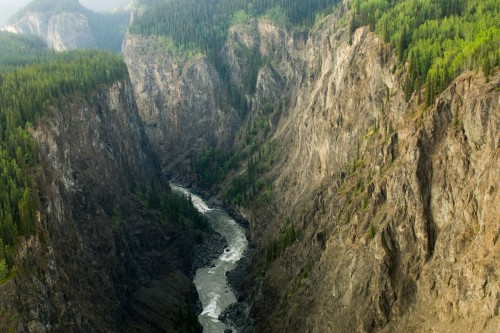
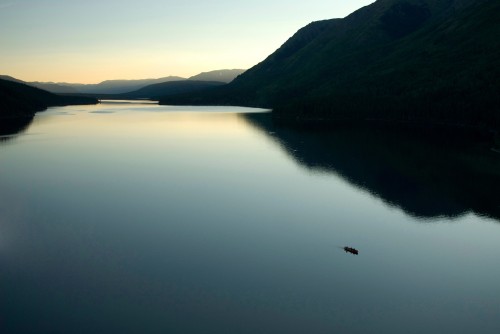
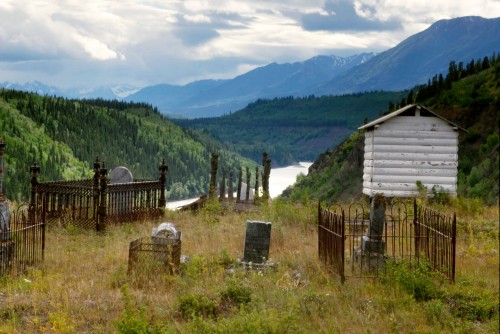
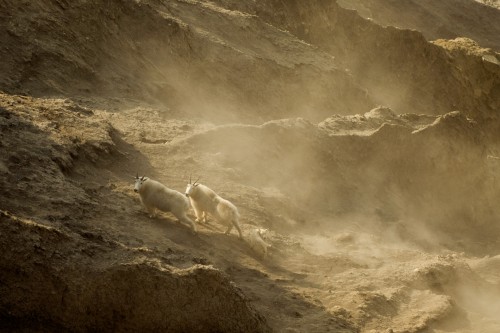
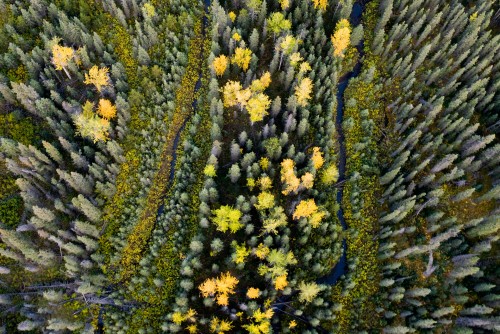
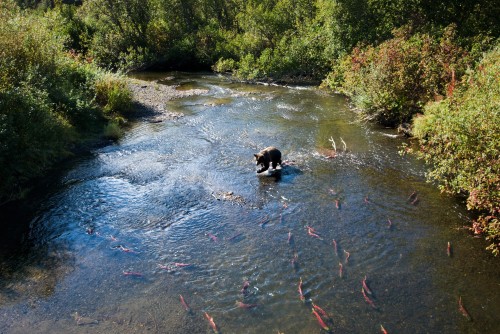
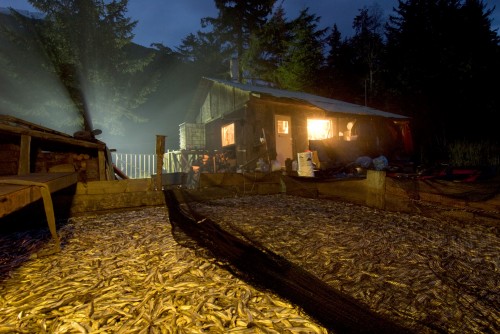
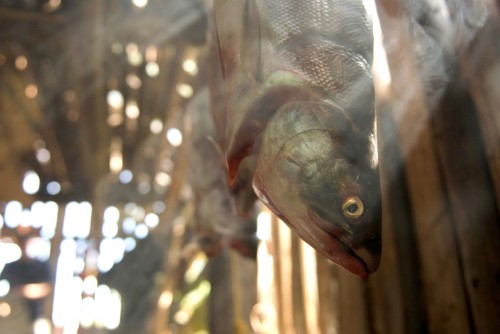
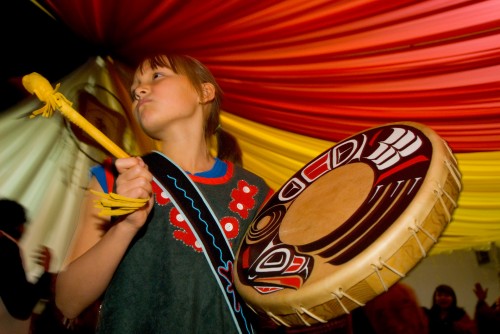

Irene Jones
4 Jul 2012I can certainly understand why you are the winner of the Photocrati Fund. This imagery is absolutely breathtaking.
Julis McIntyre
12 Jul 2012Your story is very intriguing, and ever so more appreciated because of the weather challenges you faced – the windstorms and the snow, and having been evacuated by helicopter. You have my full admiration.
Julis McIntyre
12 Jul 2012Your story is very intriguing, and ever so more appreciated because of the weather challenges you faced – the windstorms and the snow, and having been evacuated by helicopter. You have my full admiration.